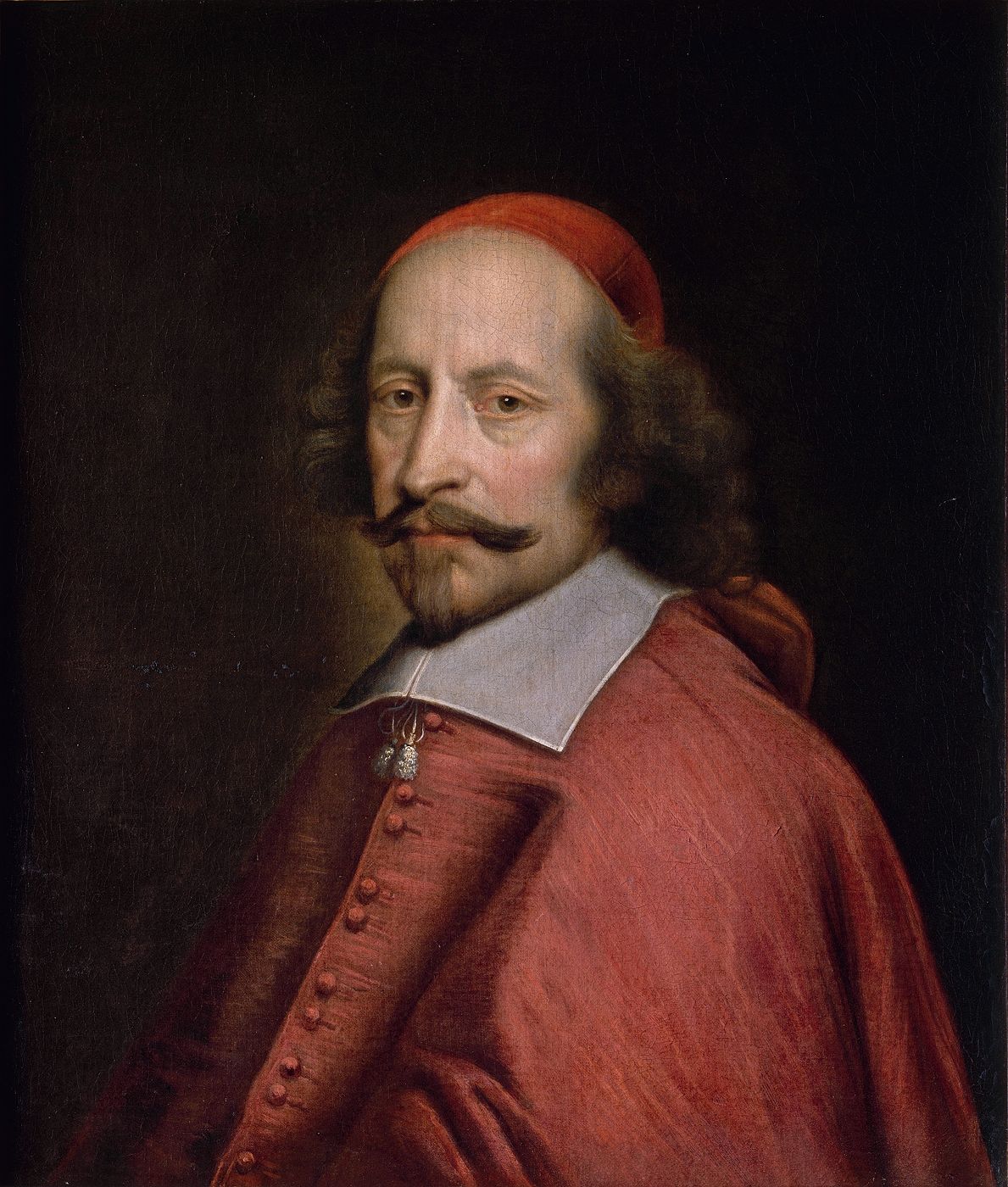Rhenish Alliance on:
[Wikipedia]
[Google]
[Amazon]
 The League of the Rhine (also known as the ''Erster Rheinbund'', First Rhine- Bund; or the ''Rheinische Allianz'' - Rhenish Alliance) was a defensive union of more than 50 German princes and their cities along the
The League of the Rhine (also known as the ''Erster Rheinbund'', First Rhine- Bund; or the ''Rheinische Allianz'' - Rhenish Alliance) was a defensive union of more than 50 German princes and their cities along the
Encyclopædia Britannica
{{Authority control 1650s establishments in the Holy Roman Empire Foreign relations of the Ancien Régime Military history of the Ancien Régime Former confederations History of the Rhineland 1650s in the Habsburg Monarchy Electorate of Cologne Electoral Palatinate 1658 in the Holy Roman Empire France–Holy Roman Empire relations 1650s in international relations
 The League of the Rhine (also known as the ''Erster Rheinbund'', First Rhine- Bund; or the ''Rheinische Allianz'' - Rhenish Alliance) was a defensive union of more than 50 German princes and their cities along the
The League of the Rhine (also known as the ''Erster Rheinbund'', First Rhine- Bund; or the ''Rheinische Allianz'' - Rhenish Alliance) was a defensive union of more than 50 German princes and their cities along the River Rhine
), Surselva, Graubünden, Switzerland
, source1_coordinates=
, source1_elevation =
, source2 = Rein Posteriur/Hinterrhein
, source2_location = Paradies Glacier, Graubünden, Switzerland
, source2_coordinates=
, sourc ...
, formed on 14 August 1658 by Louis XIV of France and negotiated by Cardinal Mazarin (the ''de facto'' prime minister of France), Hugues de Lionne and Johann Philipp von Schönborn (Elector of Mainz
The Elector of Mainz was one of the seven Prince-electors of the Holy Roman Empire. As both the Archbishop of Mainz and the ruling prince of the Electorate of Mainz, the Elector of Mainz held a powerful position during the Middle Ages. The Archb ...
and Chancellor of the Empire).
Aims
Its intended aim was to weaken the position of theHoly Roman Emperor
The Holy Roman Emperor, originally and officially the Emperor of the Romans ( la, Imperator Romanorum, german: Kaiser der Römer) during the Middle Ages, and also known as the Roman-German Emperor since the early modern period ( la, Imperat ...
(then Leopold I) and to marginalise the Austrian House of Habsburg. Louis XIV had wished to be elected emperor himself, but had failed, despite the French victory at the Battle of the Dunes. The new confederation allied itself to France, swearing not to let any anti-French troops (marching to attack France in the Spanish Netherlands or elsewhere) pass through their territory, thus protecting France's eastern frontier with a "military border" running along the Rhine and cutting Austria off from the Spanish Netherlands.
Sweden was guaranteed its German possessions in Bremen-Verden, and later also those in Swedish Pomerania. The League's members also swore to maintain the clauses of the 1648 Treaty of Westphalia, which had made the League possible by authorising the German princes, immediate vassals of the Emperor, to conclude alliances between themselves or with foreign states.
Existence and legacy
On August 14, 1658, the League of the Rhine was formed by: * Karl Kaspar von der Leyen, Prince Elector of Trier * Johann Philipp von Schönborn, Prince Elector of Mainz * Maximilian Henry, Prince Elector of Cologne *Bernhard von Galen
Christoph Bernhard Freiherr von Galen (12 October 1606, Drensteinfurt – 19 September 1678) was Prince-bishop of Münster. He was born into a noble Westphalian family.
Background, education and conversion to Roman Catholicism
Christoph Bernha ...
, bishop of Münster
A bishop is an ordained clergy member who is entrusted with a position of authority and oversight in a religious institution.
In Christianity, bishops are normally responsible for the governance of dioceses. The role or office of bishop is ca ...
* Philip William, Palatine of Palatinate-Neuburg
*Ferdinand Maria
Ferdinand Maria (31 October 1636 – 26 May 1679) was a Wittelsbach ruler of Electorate of Bavaria, Bavaria and an elector (''prince-elector, Kurfürst'') of the Holy Roman Empire from 1651 to 1679.
Electoral Prince of Bavaria
He was born in M ...
, duke of Bavaria
* Wilhelm VI, landgrave of Hesse-Kassel (or Hesse-Cassel)
* Augustus the Younger, duke of Brunswick
Duke is a male title either of a monarch ruling over a duchy, or of a member of royalty, or nobility. As rulers, dukes are ranked below emperors, kings, grand princes, grand dukes, and sovereign princes. As royalty or nobility, they are ranke ...
* Charles X, king of Sweden
The League fielded a force of 6000 to fight on the side of France and the Empire against the Ottomans
The Ottoman Turks ( tr, Osmanlı Türkleri), were the Turkic founding and sociopolitically the most dominant ethnic group of the Ottoman Empire ( 1299/1302–1922).
Reliable information about the early history of Ottoman Turks remains scarce, ...
, seeing action in the 1664 Battle of Saint Gotthard.
The League was promulgated to last for three years, which was later twice extended. It officially ended in August 1667, but its end should in fact be dated to 1668 since French diplomacy succeeded in negotiating a further extension of the alliance as the Rheinbundrat, made up only of the main members of the League, which lasted to 1688. The League was later resurrected by Napoleon
Napoleon Bonaparte ; it, Napoleone Bonaparte, ; co, Napulione Buonaparte. (born Napoleone Buonaparte; 15 August 1769 – 5 May 1821), later known by his regnal name Napoleon I, was a French military commander and political leader who ...
as the Confederation of the Rhine, which gave the final death-blow to the Holy Roman Empire.
External links
Encyclopædia Britannica
{{Authority control 1650s establishments in the Holy Roman Empire Foreign relations of the Ancien Régime Military history of the Ancien Régime Former confederations History of the Rhineland 1650s in the Habsburg Monarchy Electorate of Cologne Electoral Palatinate 1658 in the Holy Roman Empire France–Holy Roman Empire relations 1650s in international relations